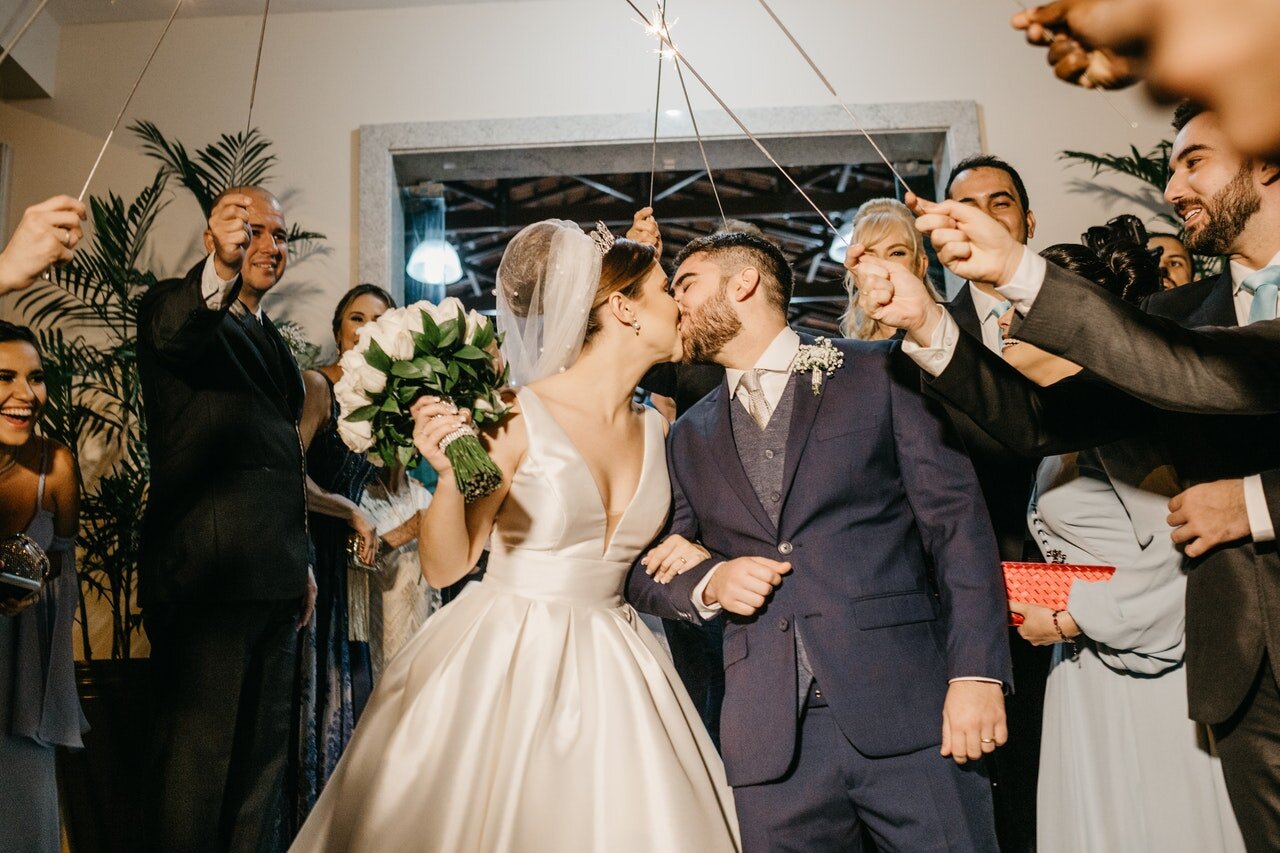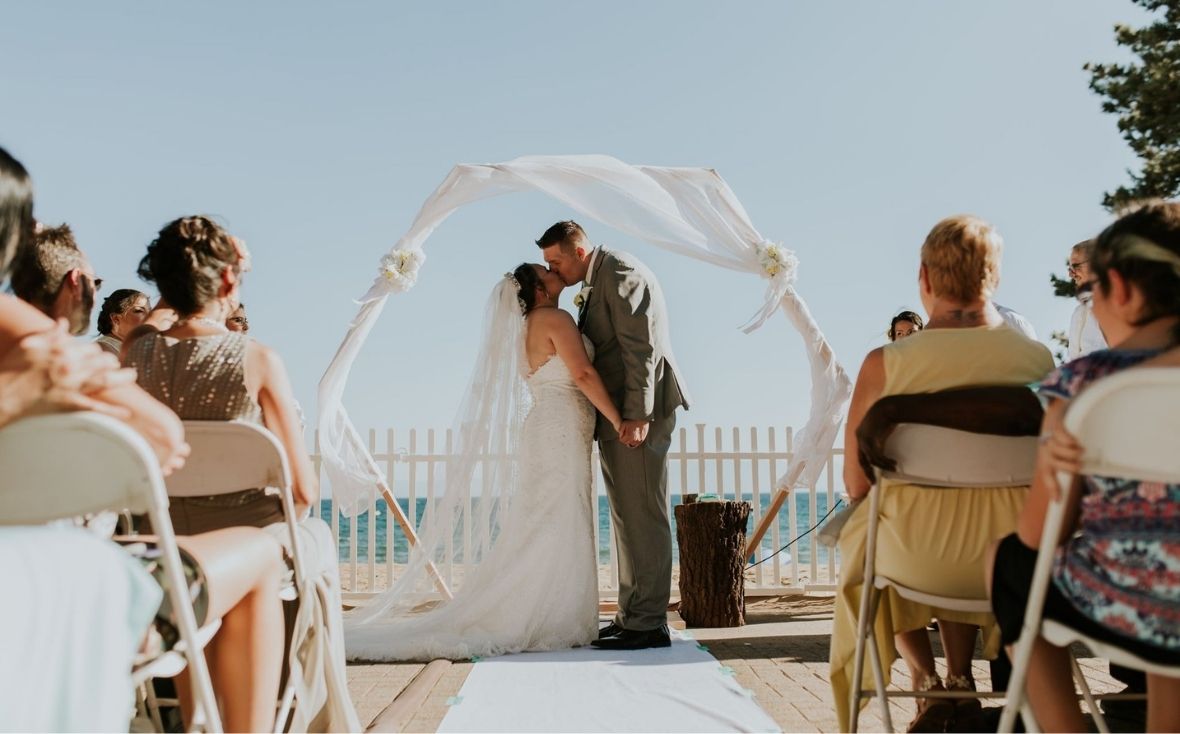Wedding budgets can be a stressful and overwhelming thing to plan, but with proper planning and budget breakdowns, you can manage your finances in a way that still allows for the wedding of your dreams.
Knowing how to allocate funds wisely for necessary expenses is key to having a successful wedding day without breaking the bank. This article will provide tips on how to determine where money should be spent and help create an effective budget breakdown that fits into any event’s financial restrictions.
1. Prioritizing Your Wedding Budget
When it comes to planning a wedding, creating a budget can be a daunting task. It’s important to prioritize your spending and break down where you will allocate the funds. To help guide you in allocating funds, consider what aspects of the wedding are most important to you. For example, if you’re looking for Engagement rings manchester, you might allocate more funds to that category.
Think about how much you want to spend on the venue, decorations, attire, flowers, music/entertainment/photography, and catering services. Be sure to also set aside at least 10% of your total budget as a contingency fund for any unexpected expenses or last-minute changes that may occur during the planning process.
With careful planning and prioritization, you can plan an unforgettable wedding day without overspending. By breaking down each element within your available budget and prioritizing them according to importance, you can create a beautiful and memorable wedding day that fits within your budget.
2. Establishing a Spending Plan

Establishing a spending plan is an essential part of planning a wedding. Its important to know how much money you have available and where it should be allocated in order to make the most out of your budget. A wedding budget breakdown can help you determine exactly how much money should be spent on each aspect of your special day.
This includes everything from the venue, catering services, flowers, decorations and even gifts for family members or bridesmaids. By creating a detailed breakdown of expenses, couples can ensure that their funds are being used wisely and that no detail is overlooked when it comes to making the most of their big day.
3. Allocating Resources to Key Areas of the Wedding
When allocating resources to key areas of the wedding, it is important to consider what elements are most important and allocate funds accordingly. Depending on your budget, you may need to prioritize certain aspects of your special day over others.
For example, if you are on a tight budget then spending more money on food and decorations might be more beneficial than investing in an expensive photographer or videographer. Additionally, other factors such as location and guest list size should also be taken into consideration when planning the overall budget for your wedding.
Allocating resources wisely is essential for ensuring that no area of the ceremony or reception is neglected so that every aspect of your special day can meet expectations without breaking the bank.
4. Planning for Unexpected Expenses

Planning for unexpected expenses is an important part of budgeting for a wedding. Even with the best planning, things can go wrong and you may find yourself needing to pay more than you anticipated. Unexpected costs could include additional repairs or upgrades needed to your venue, catering staff overtime hours, unanticipated taxes or fees, rental equipment breakdowns, and more.
It’s wise to set aside at least 10-15% of your total wedding budget in case something does not turn out as planned. This way youll have some financial cushion if any unanticipated costs arise that it won’t strain your overall finances too much.
5. Setting Financial Limits and Sticking to Them
When it comes to planning a wedding, setting financial limits is essential. By creating a realistic budget breakdown and allocating funds accordingly, couples can avoid unnecessary spending and stay within their means. Before making any purchases, couples should consider what services or products are truly necessary and allocate those funds first.
Additionally, researching vendors for the best rates and opting for DIY options can help reduce costs significantly. Couples should also set aside extra money in case of unexpected expenses that may arise throughout the planning process. Lastly, sticking to these predetermined financial limits will ensure that the couple remains on track with their wedding budget goals without overspending or going into debt.



